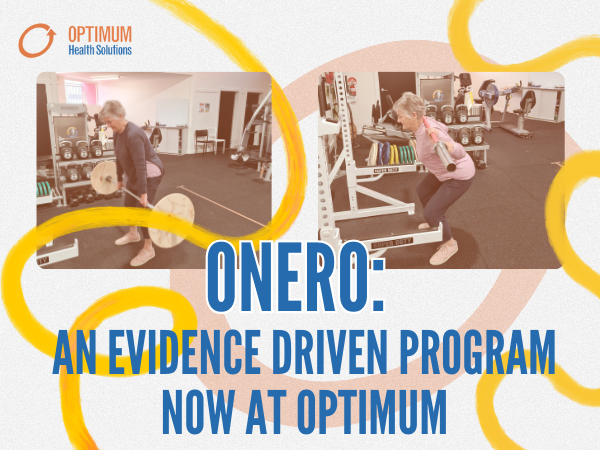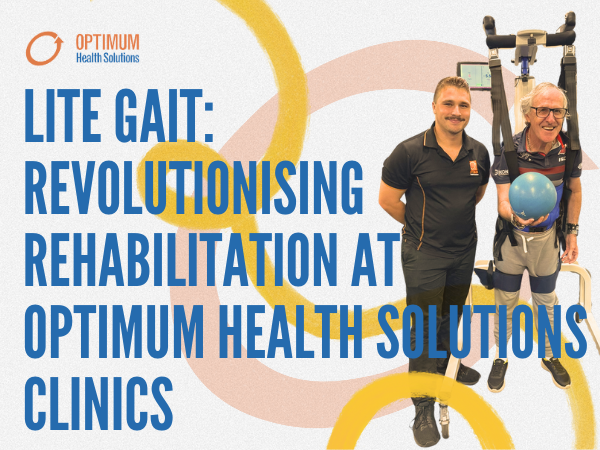Corticosteroid injections (CSI), which comprises of anaesthetics and steroids, are commonly used by doctors to manage joint-related pain in the short term, especially when there’s inflammation in the joints or surrounding muscles and soft tissue. Whilst side effects are rare, there is an increasing concern about adverse effects in joints.
From recent research studies, corticosteroids have been shown to be toxic to cartilage cells, due to its impact on cartilage proteins. The local anaesthetics in higher concentrations have also been linked with the death of cartilage cells, with rates of cartilage cell death higher in osteoarthritic joints.
RECENT STUDIES IN CORTICOSTEROID INJECTIONS
In a large observational study conducted recently in Boston, USA, researchers wanted to find out the rate of 4 possible adverse effects in people who have undergone hip and/or knee CSIs, mainly:
1. Rapid progressive osteoarthritis Type 1 (rapid loss of joint space on X-Ray)
2. Rapid progressive osteoarthritis Type 2 (rapid bone loss)
3. Subchondral inefficiency fracture (stress fracture underneath cartilage layer)
4. Osteonecrosis (dying of bone tissue)
Out of a total of 459 injections done in hips and knees, there were 36 adverse events reported, with rapid progression of OA type 1 having the highest proportion at 6% of those affected.
IS IT AN ACCEPTABLE RISK?
The clinical implications of the above findings is that patients need to be educated on the risks of CSIs, in order for them to make informed decisions before undertaking this procedure. Rapid joint deterioration might be an acceptable risk worth taking for those with advanced osteoarthritis and already awaiting joint replacement surgery. However, for those with relatively healthier joints without prior injuries, or people with osteoarthritis but can’t undergo joint replacement due to other health conditions, preservation of their joints would be more important than seeking short-term pain relief from CSI. Therefore, clinicians such as GPs or orthopaedic specialists should be screening patients appropriately and consider the risks versus benefits when prescribing CSIs.








